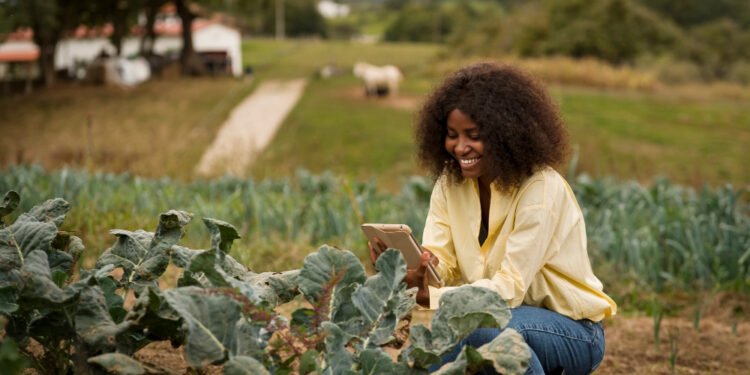Africa, often referred to as the cradle of humanity, has a rich agricultural history that intertwines with its diverse cultures and landscapes. In this article, we delve into the dynamic world of African agribusiness, exploring its historical roots, current challenges, and the plethora of opportunities that lie ahead.
Historical Perspective
The evolution of agribusiness in Africa is a fascinating journey, shaped by historical events such as colonization and the struggle for independence. These factors have left an indelible mark on the continent’s agriculture, influencing farming practices and land use.
Current State of African Agribusiness
Agriculture remains a cornerstone of many African economies, contributing significantly to GDP. However, challenges like inadequate infrastructure and climate change pose formidable hurdles to sustained growth. Understanding the current landscape is crucial for charting a path forward.
Opportunities for Growth
Despite challenges, African agribusiness is poised for growth. Emerging trends, such as precision farming and organic agriculture, present exciting opportunities. Additionally, advancements in technology offer the promise of increased efficiency and productivity.
Government Initiatives
Governments across the continent are recognizing the pivotal role of agribusiness in economic development. Policies aimed at supporting farmers, enhancing infrastructure, and facilitating access to markets are crucial components of this support.
Sustainable Practices
Sustainability is no longer a buzzword but a necessity in agribusiness. Successful models incorporating sustainable practices not only benefit the environment but also contribute to the long-term viability of the sector.
Agribusiness and Employment
Agriculture is not just about cultivating crops; it’s a source of livelihood for millions. Agribusiness, with its diverse value chains, plays a vital role in job creation, particularly in rural areas.
Technological Advancements
The integration of technology is revolutionizing African agribusiness. From drone-assisted farming to data-driven decision-making, these innovations are transforming traditional practices and boosting productivity.
Global Partnerships
Collaborations between African agribusinesses and international organizations open new avenues for growth. However, navigating the complexities of such partnerships requires a nuanced approach.
Future Outlook
The future of African agribusiness looks promising, with increasing investments and a growing focus on sustainable practices. Exploring untapped markets and embracing technological advancements will be key to sustained growth.
Success Stories
Profiles of successful agribusiness ventures in Africa showcase the potential for success despite challenges. These stories provide valuable insights and inspiration for aspiring entrepreneurs.
Overcoming Challenges
Agribusiness resilience is tested by challenges such as climate change and market volatility. Strategies that emphasize adaptability and innovation are crucial for overcoming these obstacles.
Importance of Education
Educating the next generation of farmers and agribusiness professionals is vital for the sector’s future. Initiatives promoting agricultural education and training are essential components of this effort.
Cultural Impact
Culture shapes the practices and traditions in agribusiness. Balancing the preservation of cultural heritage with the need for innovation is a delicate but necessary task.
Conclusion
In conclusion, African agribusiness stands at a crossroads, facing challenges but also brimming with opportunities. As the continent navigates this dynamic landscape, a harmonious blend of tradition and innovation, sustainability, and resilience will pave the way for a thriving agribusiness sector.
Frequently Asked Questions (FAQs)
African agribusiness holds immense significance globally, contributing to food security and economic development.
Technology plays a pivotal role in transforming traditional farming practices, increasing efficiency and productivity.
Governments are implementing policies to support farmers, improve infrastructure, and enhance market access.
Absolutely, sustainable practices not only benefit the environment but also ensure long-term viability and success.





